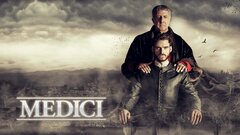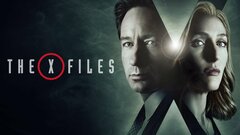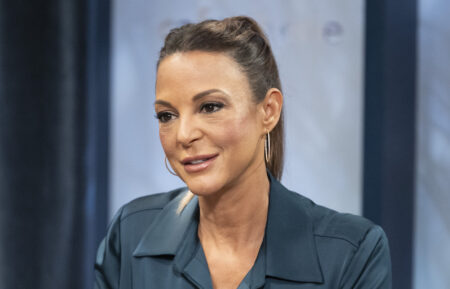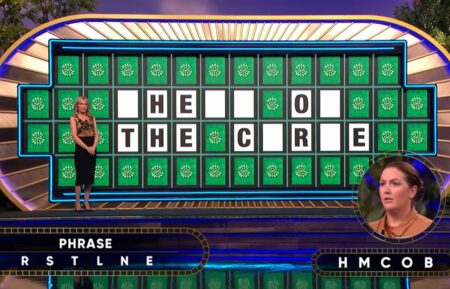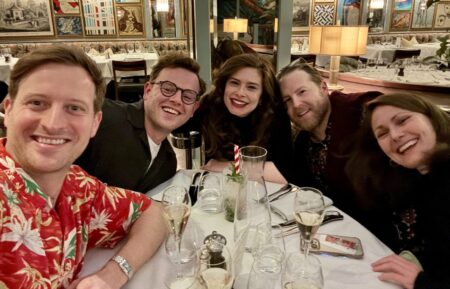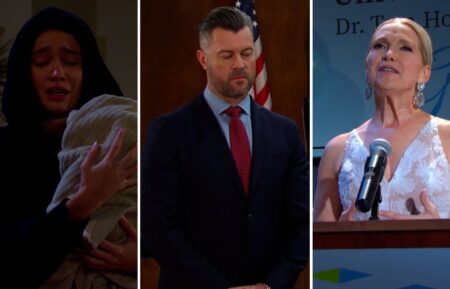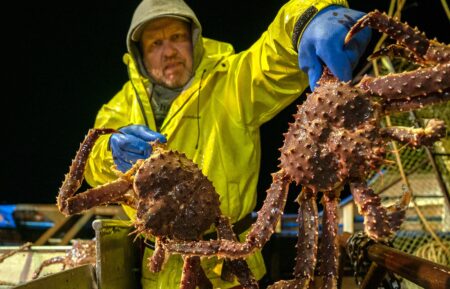‘Medici: Masters Of Florence’: Good vs. Evil Wrapped In A Juicy Family Drama
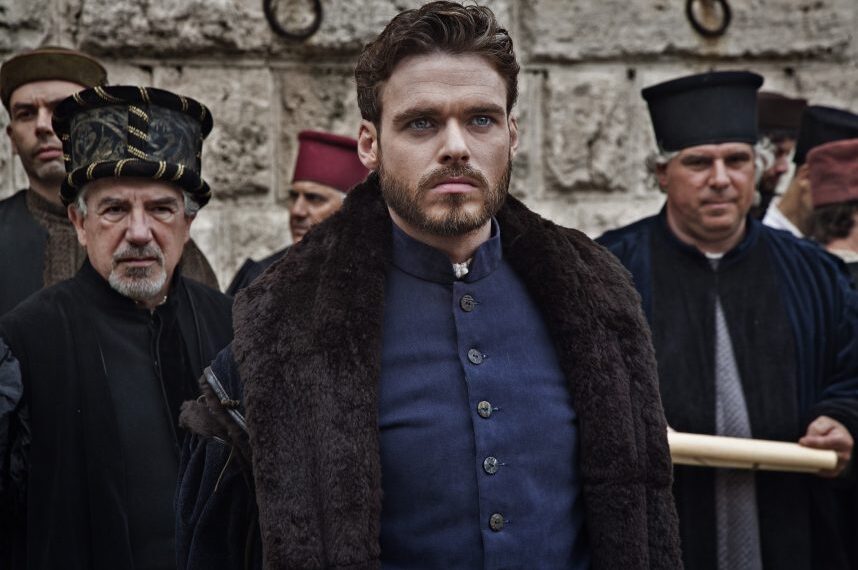
Nothing like a little family drama to make for good television, right? What if that family is from a mere 600 years ago give or take a few decades? The new drama series, Medici: Masters of Florence, takes us inside the legendary Medici family who, among many things, were an Italian banking family with influence in politics and the the royal house.
In the series, which was shot in Florence and Tuscany, the central character is Cosimo de’ Medici (Richard Madden, Game of Thrones), an aspiring artist who has no desire to get in the family business of banking but, at the urging of his father, Giovanni de’ Medici (Dustin Hoffman) as well as events too spoilery to spill (though the trailer does give some of the plot away), Cosimo’s path changes drastically in the first episode. The ambitious series also stars Stuart Martin (Lorenzo), Allessandro Sperduti (Piero) and Annabel Scholey (Contessina).
The series, which already aired to big ratings in Italy and a second season on the way, comes from executive producers Frank Spotnitz (The Man In The High Castle, The X-Files) and Nicholas Meyer (Star Trek II: The Wrath of Khan). Spotnitz talked to us earlier this week about bringing this compelling and complicated story to television, how much good and evil will play with the various characters and, since The X-Files is still very much in the zeitgeist, what he learned from that experience that still influences his approach to work today.
With a story like this that’s rooted in real events and history, where do you start? Did you always know you’re jumping off point?
That’s a really good question. No. In fact, we didn’t even know where to begin in the Medici family. What generation of the Medici family to begin with because it went on for centuries. They had bankers and Popes and incredible figures. I collaborated with Nicholas Meyer, from Star Trek II: The Wrath of Khan, The Seven-Per-Cent Solution and all the other things. We just started doing a lot of reading and talking about what we were reading and felt like we wanted to begin as close to the beginning as possible, because this is a family saga, really.
We landed on this idea of beginning with the death of the father, the Dustin Hoffman character, who founded the bank and the sons having to take over and the burden on Cosimo, in particular, to carry on his father’s dreams. Then, we started to feel that now we’re starting to understand the character that we can identify with, that a modern audience can identify with, because these are people who lived 600 years ago. You need to find situations that we recognize and can relate to, a modern psychology. There’s a lot of ideas in the show but that is probably the most powerful one, is just the son has to sacrifice what he wants to live out his father’s dreams because his father’s dreams are so big that no single generation can achieve them.
RELATED: Eric McCormack on Bringing Sci-Fi Series Travelers to Netflix
We all know what it’s like when our parents want us to do something we don’t want to do, that’s for sure
You’ll see as the show goes on how, when [Cosimo] does take over, he tries to use the bank in his own way to fulfill his dreams, not the way he ever intended to fulfill his dreams, but with the means he has. So, his life doesn’t turn out the way he wants, exactly, but he does find a way to try to stay true to who he is.
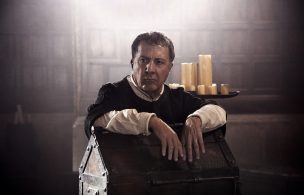
Dustin Hoffman as Giovanni Medici
When I was watching that first episode, I was trying to pinpoint if this was a show about two brothers? Or a son’s relationship to his father? Or is it even bigger than that?
It’s very much a family drama. A lot of what happens in the subsequent episodes is about his relationship with his brother, Lorenzo, and with his wife, Contessina, who’s not in the first episode a lot but then becomes really a second lead of the series as the episodes progress. The biggest thing is a son having to sacrifice for his father. The second thing that I thought was interesting is that in that first episode, Dustin Hoffman says sometimes you have to do bad to do good. He does do bad things. We’ve seen a lot of that in TV shows, right? Great TV shows like Sopranos and Breaking Bad. You see characters do bad things but what I’ve never quite seen before was a character who’s so tortured by having to do bad. Cosimo is a Catholic and is a total believer. He absolutely believes in sin so it tortures him to do bad and yet, he can’t stand to lose because of the pressure his father put on him to succeed. That ends up being really powerful.
How much of the show is the line between right and wrong or good and evil?
It’s a big part of it. Can you win if you always do the right thing? Cosimo is put in situations where he can’t. You’re going to have to do bad if you want to succeed. Not to sound overly religious but he’s torn between two fathers. I’m not a religious person myself but he’s torn between his father, Dustin Hoffman and then, his father, God. Given a choice between the two, he ends up siding with Dustin Hoffman because he can’t stand to disappoint the memory of him.
Casting is always a challenge but how was the experience casting Medici?
I’m really blessed being in London because the acting talent in this country is just extraordinary. It seems endless. For a country that’s really not that big, it’s amazing how much talent it turns out. The interesting thing was that this was an Italian production shot in the English language so we had to be very, very careful about casting Italian actors because we knew they had to be able to act really well in English. So, there’s so many amazing Italian actors we couldn’t even consider just because their English wasn’t strong enough. Then, when you cast Cosimo with an English actor, that means you’ve got to cast his brother with an English actor as well. They can’t have two different accents, they grew up together. That ends up being a challenge but we achieved a pretty good balance in the end.
A lot of shows do time jumps but how did you tackle it?
What we thought was the only way you can go back to the past is if you have an urgent need to know about the past in the present. So, when the story needs to go back in order to go forward, that’s when you do a flashback. In other words, I can’t tell you more about what’s going to happen next to Cosimo until you understand what happens in Rome 20 years ago. It’s just creating that need to know in the present tense before flashing back to the past.
Nick and I were inspired by two movies, the first was Godfather II, which has an amazing flashback structure between Al Pacino and Robert De Niro. The second was Amadeus, because it has this big historical “what if?” What if Salieri murdered Mozart? He probably didn’t. We don’t know though. We did the same thing here, because we don’t know whether Giovanni de’Medici was murdered or not. There is no cause of death that we could ever locate about how he died. So, that creates a sort of “what if” that allows us to tell the story of the Medici in what we think is pretty emotional engaging way.
Here is the European trailer for the series [Warning: Some plot spoilers appear in the trailer.]:
In doing time jumps, you can kill off people and then still keep them in the show!
Yes. Exactly.
You’ve done so much since your days on The X-Files but what did you learn there that carries on to this day in your work?
I can’t overstate the importance of X-Files and my studying under Chris Carter to everything I do. He taught me to be as ambitious as you can, to be as smart as you can, to work as hard as you can. It’s never good enough. Try to make shows that people don’t just watch and consume but the shows that would stand the test of time. Those are all things that I still try to put at the center of my work every day.
Medici: Masters of Florence, Season 1 now streaming, Netflix
From TV Guide Magazine
How 'Countdown' Recruited Jensen Ackles to Go Full 'Die Hard'
Countdown boss Derek Haas talks creating the character around Ackles, and the cast teases the “Avengers”-like team of the crime thriller. Read the story now on TV Insider.


